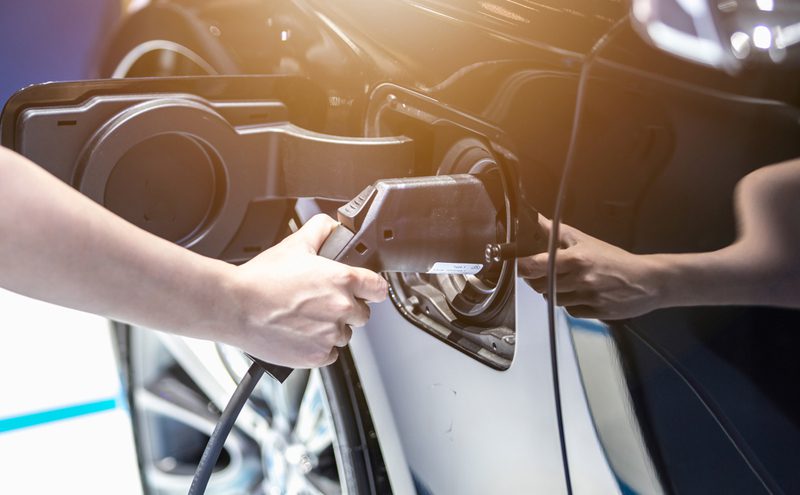
Franco Gonzalez, Principal Analyst at market intelligence firm IDTechEx discusses some of the themes to be dealt with at the firm’s forthcoming event, “Electric Vehicles: Everything is Changing” (Berlin, 11-12 April).
Electric vehicles used to have a set of different challenges for broad adoption. One of them was electric vehicle range, which was translated on what is known as range anxiety, this is the fear of getting stranded with no battery juice in the middle of your trip. The second one is price and resale value. Finally the availability and convenience of charging stations.
Progress with improving range
Electric vehicle range is improving every year and the future promises even further improvement. Today non premium electric cars can achieve 400 km in standard test conditions and at least 300 km in normal use conditions, like the Renault Zoe ZE40. This car was the best seller pure electric vehicle in 2017 in Europe with approx. 31,000 vehicles sold. In relation to the first generation of battery packs this new model has doubled thee battery capacity to 41 kWh of usable energy keeping the same battery module size. Other models with similar ranges are the Chevy Bolt with 383 km and the Tesla Model 3 with 354 km. The old barrier of 160 km range (100 miles) is a thing of the past as there are at least 7 more models with ranges over this mark. On top of that in the next 10 years we will see batteries energy density to double with next generation battery technologies.
Is the price coming down?
The second barrier price, is moving forward in the right direction as batteries, the most expensive component will experience dramatic reductions in the following years reaching $100 USD/kWh in the next 5 years. This will promote further price reduction in electric vehicles, reaching cost parity with petrol cars very soon. With the emergence of business models to make reuse of batteries after they finish their useful life in vehicles, known as battery second life, the business case for electric cars will only increase.
The next barrier: Charging provision
The missing link in the ecosystem is now charging infrastructure. This is now the next barrier for electric vehicles to confront. Approximately 16,000 public chargers are available in the US, 8,000 in Germany and 4,000 in the UK. If we electric vehicles will be adopted by the masses which do not necessarily have a garage where to charge their cars more public charging infrastructure will be required.
IDTechEx research has followed the alternative paradigm of energy independence in vehicles. This is accomplished by installing energy harvesting technologies in cars, such as photovoltaic energy. Indeed, electric vehicles can increase their range from 5 to 20 km with the installation of PV panels on the roof. Toyota, IFEVS and Hanergy are among the key players adopting this technologies. If we push further this paradigm with increasing PV energy efficiency, electric cars will be less dependent on charging infrastructure. On the other hand public transport like electric buses have followed a different paradigm in charging infrastructure, given the defined operational routes in these vehicles they can charge either in depots (slow charging) or at stops while in route (fast charge), IDTechEx’s research covers this in our Electric Bus Battery report.
At IDTechEx’s Electric Vehicles: Everything is Changing we will focus in this debate as managing charging will be key for the future of energy systems, Gasoline (petrol) and diesel vehicles can be refuelled in 5 minutes, and then travel 300 miles or more. ZapGo will present their new energy storage technology capable of delivering the same driver experience in a battery electric vehicle, but without the need to upgrade the national grid infrastructure. From the utility perspective we will have Narcis Vidal from Enel’s eSolutions who will speak about the leading utility’s perspective on Vehicle to Grid whilst sharing with the audience relevant technology insights.
IDTechEx’s Electric Vehicles: Everything is Changing once again brings together the leading players of the emerging electric vehicle industry for land, sea and air. Join us at the event on 11 and 12 April in Berlin.







